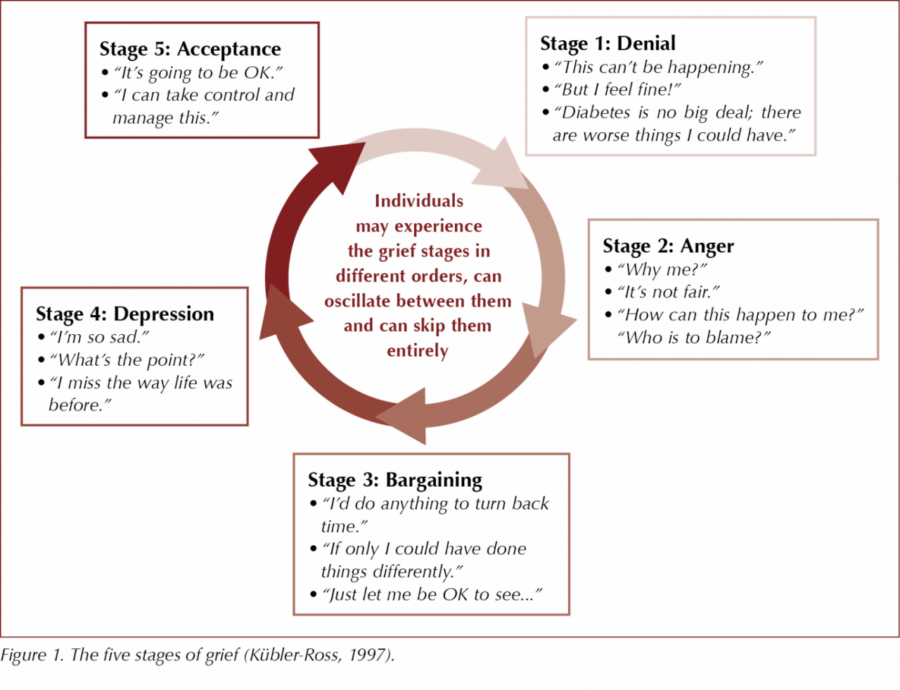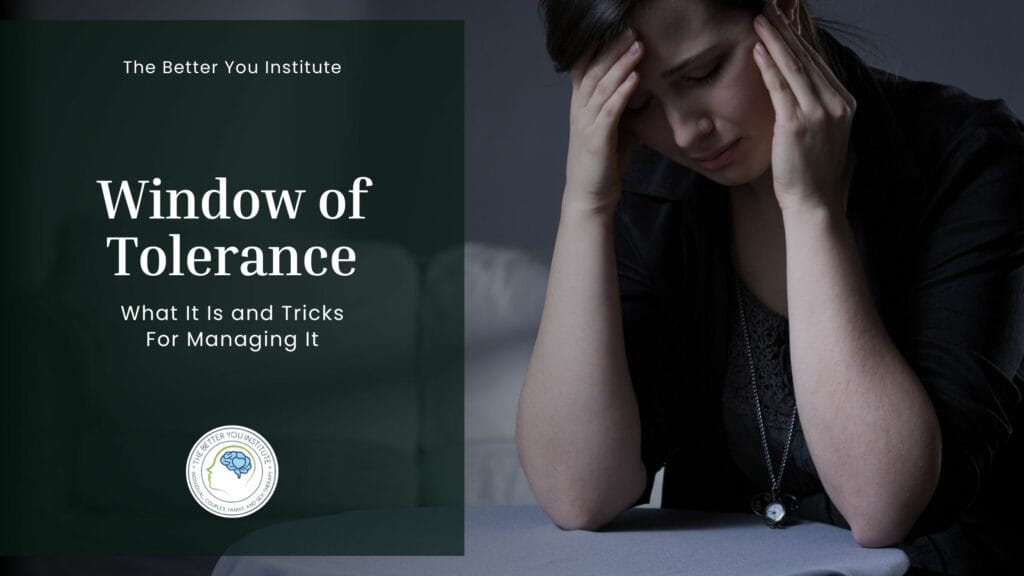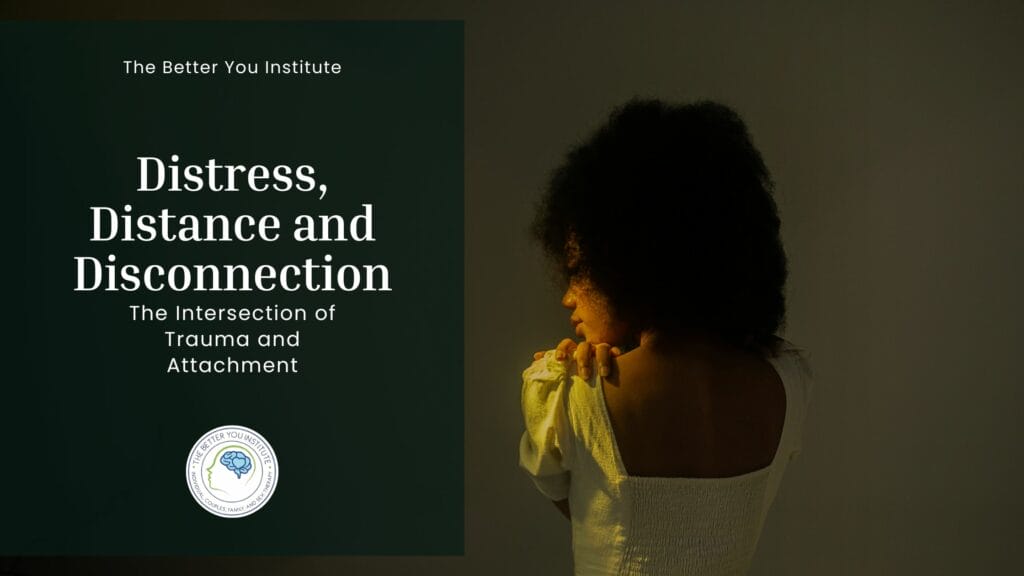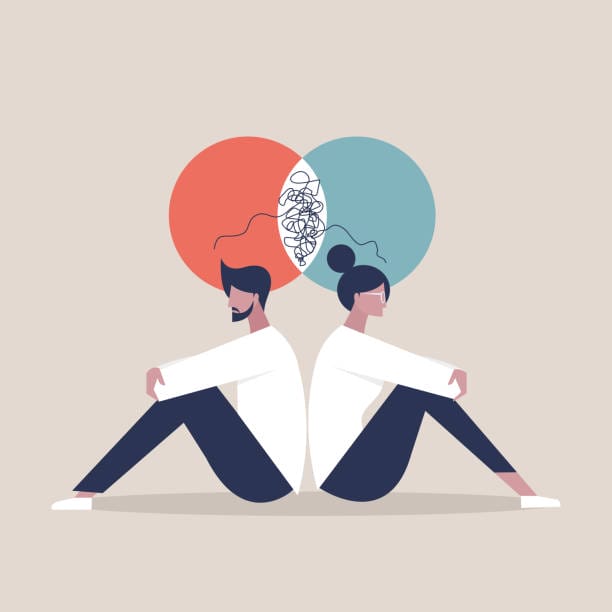Have you experienced a loss? Unfortunately, grief is an inevitable part of life. Even with grief being inevitable, it still affects us. Understanding grief is knowing that it can be experienced in a wide range of situations. The situations can include the death of a loved one or a pet, the ending of a marriage, the loss of a job, or any other kind of significant loss.
Table of Contents
What is grief?
Grief is the emotional response and feeling a person experiences after something or someone you love is taken away. Grief is a normal and natural thing to experience after a loss. It is appropriate to experience grief after any type of loss, no matter how big or small. People typically grieve after the loss of a person but it is also normal to experience grief after any type of loss, including:
- Death of a person
- Loss of a job
- Ending of a relationship
- Divorce
- Miscarriage
- Retirement
- Change or loss of a job
- Death of a pet
- Loss of financial stability
- Retiring from a sport
- Grief after an abortion
- Estrangement from the family
- Infertility
- Moving/ loss of community
- Loss of meaningful objects
- Loss of a cherished dream
The grieving process can make us feel stuck at times. Grief isn’t easy and it can leave us feeling directionless. Grief has the potential to take a toll on your mind, your body, and your relationships. Living in the reality of loss can feel lonely and overwhelming. You are not alone in these feelings. Some losses can hit us harder than others and the grieving period can lead to depression, anxiety, exhaustion, and other mental/physical concerns.
Understanding Grief stages and processes
Common symptoms of grieving that appear in different stages or processes:
- Physical symptoms:
- Fatigue
- Weight loss or gain
- Aches and pains
- Digestive issues
- Inflammation
- Nausea
- Lowered immunity
- Brain fog
- Emotional symptoms:
- Sadness
- Loneliness
- Anger
- Anxiety
- Feeling empty
- Guilt, shame, or regret
- Denial
- Numbness
- Shock
- Helplessness or feeling stuck
- Confusion
Why people grieve
Human beings tend to invest energy into different people, objects, and experiences. The more attached we become to something the more we will invest energy into it. For example, we can see people investing energy into different types of relationships. Relationships are a part of human nature due to humans being social creatures. We experience grief because we are learning to let go of something and, in a sense, free up energy that is associated with the lost person, experience, or object. Until we grieve effectively we will find it challenging to reinvest our energy, making it hard to let go of the past.
Loss is an inevitable part of life. In some shape or form, we will lose something. For example, looking at a marriage we know that it will end either in a divorce or through death. In some shape or form the relationship will come to an end. A person might be grieving the loss of the person or the loss of the marriage, either way, the person is in a grieving period.
The topic of death and dying has been a part of different religions and cultures since the beginning of humankind. Each culture has its own beliefs about the purpose of life and what happens after death. The meaning of grief looks different within a cultural context. People from all different religions, races, ages, genders, and backgrounds all experience some type of loss.
Common types of grief
What people normally don’t recognize is that grief doesn’t look the same to the person next to you. Grief comes in all different forms and it can look and feel different to each person. Below you will find the most common types of grief. When reading through the most common types of grief try to ask yourself if you relate to a specific type of grief when you are in your grieving process. Common types of grief include:
- Normal grief
- Grief lasts from 6 months to 2 years after the significant loss. There is typically a period of sorrow, numbness, and sometimes guilt or anger.
- Absent grief
- This occurs when the loss is sudden and the person grieving shows little to no signs of normal grief. Absent grief can be due to a variety of different things; the main reasons are shock or disassociation.
- Anticipatory grief
- It is the anticipation of the significant loss that is causing the grief. You might start envisioning your life without this person or thing that you are losing. For example, losing a loved one from cancer or anticipated layoffs can produce this type of grief. Anticipatory grief may happen before the actual loss happens.
- Delayed grief
- When experiencing this type of grief the emotional reaction to loss doesn’t happen right away. People might experience deep sorrow long after the loss.
- Complicated grief
- When you are in conflict with yourself and the feelings that erupt from the grief that you are experiencing.
- Cumulative grief
- The compounding grief of multiple losses in a relatively short period of time.
- Disenfranchised grief
- Grief that is often ignored or dismissed because it is from things that society doesn’t see as heavy or deserving of grief. This would include losing a job or a pet passing away. Disenfranchised grief can also come from things that are considered more taboo, like grieving the loss of your partner’s breakup.
- Distorted grief
- Those who experience this type of grief have a warped sense of the world and are typically angry at the world, themselves, or other people.
- Inhibited grief
- People experiencing this type of grief tend to keep themselves busy or distracted to help avoid feelings of grief.
- Abbreviated grief
- This type of grief passes quickly due to individuals moving on quickly from the loss.
- Chronic grief
- On the opposite side of abbreviated grief, chronic grief differs from normal grief due to the griever having an incredibly difficult time sitting and dealing with their grief. People with chronic grief still have intense emotions around the grief for years or months after the loss.
- Collective grief
- In the wake of major events, collective grief can manifest. These major events include wars, pandemics, or natural disasters.
No matter what type of grief you are experiencing, your grief is real and your process is important. There is no right or wrong way to grieve and try to remember that you are doing the best you can throughout the grieving process.
How to deal with the grieving process
When looking at the grieving process what usually comes to mind for people are the 5 stages of grief. The 5 stages of grief is a death-pattern adjustment that was proposed by the Swiss-American psychiatrist and pioneer in near-death studies, Elisabeth Kübler-Ross. The 5 stages of grief are denial, anger, bargaining, depression, and acceptance. These stages are our mind’s attempts to process the change so that we can protect ourselves while we adapt to a new reality.

The 5 stages of grief do not need to be completed in chronological order. A person can jump to different phases in the grieving process. For example, you and your sister might be grieving the loss of your mother. You might be in the denial phase while your sister is in the bargaining phase. There is no specific formula when it comes to grief and you are allowed to take your time in each phase. It is important to know that the grieving process has no direct endpoint and it can be ongoing.
Within the 5 phases of Grief, you can experience…
Denial: In disbelief that this is happening to you. Feeling like tomorrow things will feel “normal.”
Anger: Why is this happening to me? Who can I blame for this? This is so stupid. This is unfair.
Bargaining: What if…? Make this not happen in exchange for…
Depression: I am upset and feeling intense sadness. What is the point?
Acceptance: I’m at peace with what happened. Things are going to be okay.
Taking care of yourself
It can be challenging to prioritize and take care of yourself during the grieving period. Recognize that navigating grief will have its ups and downs. There will be days where things feel manageable and then other days where the grief feels intense. What’s important during this time is taking care of yourself. Taking care of yourself can include:
- Listen to your body
- Take the time to slow down and listen to what your body needs. Maybe your body needs rest or maybe it needs connection to other people.
- Take your time
- Try to be kind to yourself by giving yourself permission to take your time during the grieving period. Granting yourself grace and space can be helpful during this time. It’s okay to not be busy and to take the time to slow down.
- Do familiar things you did before the loss
- Try to continue the things you used to do. When you feel up for it try to get back into different activities or hobbies that you enjoy. This doesn’t have to be a big task, it can be as simple as going for a walk to get coffee.
- Spend time with others
- When grieving it can be easy for people to go into an isolation period. It can be hard for people to pick up the phone to call to set up plans. The people around you want to support you during this time and they might not want to intrude on your space. When you feel up to it try setting up plans to spend time with other people.
- Keep a journal
- Emotions and thoughts can run wild and this can become overwhelming. Try to write down your thoughts and feelings in a journal. Keeping a journal can be a healthy way to express your thoughts and feelings and help you make sense of what happened.
- Asking for help
- Grief can take an emotional and physical toll on a person. It is expected for a person grieving to ask for help. Asking for help can be asking a friend for support or it can be starting therapy. By asking for help you are allowing people to support you during this challenging time.
Next steps
The grieving process can be challenging to navigate. For extra support during this time it could be helpful to start individual or group counseling. Grief counseling is intended to help you grieve in a manner that serves you. Counseling can help you understand and cope with the emotions you may experience, and find a way to continue on with life in a meaningful way.
If you want to explore, process, or make sense of your grief feel free to schedule an appointment at The Better You institute with one of our Philadelphia therapists. Call us today, at 267-495-4951 to set up your appointment.
Meet The Author:

Claire Savage, M.Ed
Professional Counselor
Claire Savage, M.Ed, a Professional Counselor and Practicum and Intern Liaison, is known for her caring and open-minded nature. Her background as a first-generation Irish American has shaped her focus on identity development in therapy, helping clients understand their passions, purpose, and values. Drawing from her Division I Rowing experience at Temple University, Claire emphasizes the importance of mental health and the role of failure in personal growth. She approaches therapy like a puzzle, using person-centered, experiential, somatic, emotionally focused, and cognitive behavioral approaches to help clients gain new perspectives and control over their lives. Claire holds a Bachelor’s and Master’s in Counseling Psychology from Temple University. Passionate about Philadelphia, she enjoys exploring coffee shops, attending workout classes, and spending time with loved ones. Claire is dedicated to guiding clients on their wellness journey.
Learn more about Claire Savage ⇒







